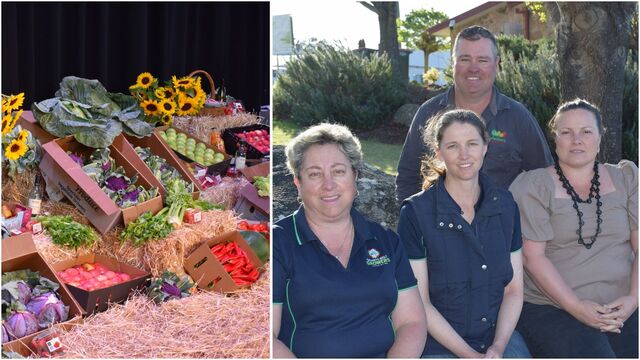
By Lucy Waldron
Introduced in 2015, the Food and Grocery Code of Conduct serves as a framework to regulate business behaviour within the supermarket sector, with a particular focus on fostering fair relationships between retailers, wholesalers, and suppliers.
While suppliers are automatically bound by the code, participation from supermarkets remains voluntary. Major players like Woolworths, Coles, Aldi, and IGA have all opted in.
However, the voluntary nature of supermarket participation has sparked concerns over a significant power imbalance between suppliers and retailers, prompting calls for a comprehensive review of the code. As part of this evaluation, suppliers were invited to voice their concerns regarding the current state of the code.
One such group raising issues is the Granite Belt Growers Association (GBGA), whose president, Connie Taylor, expressed the concerns of their members.
“We would just like everybody to have a fair go,“ Ms Taylor said.
The interim report, by Dr. Craig Emerson, highlighted the urgent need for substantial revisions to the code of conduct. Emerson’s review, ordered by the government, emphasised the inadequacy of the current code due to the absence of penalties for breaches and the ability of supermarkets to override crucial provisions in their supply agreements.
Acknowledging the shortcomings, Emerson recommended mandatory enforcement of the code, applying to supermarkets with annual revenues exceeding $5 billion. This proposal aims to ensure accountability and fair treatment of suppliers, introducing effective penalties for violations.
While supermarkets argue that the low number of complaints signifies smooth relationships with suppliers, critics, including Emerson, attribute the lack of grievances to suppliers’ fear of reprisals from retailers. Emerson stressed the need to strengthen the code to offer better protections against retribution, thereby enhancing its effectiveness.
The ongoing scrutiny has spurred discussions about the necessity for prompt action from the government.
Ms Taylor believes that it is good that the government are looking into the code.
”COVID actually accentuated the issue more, so now is a really good time to start looking into what can be changed,“ she said..
With the final report and recommendations due by June 30, the federal government faces the task of deciding whether to adopt the proposed reforms.
Prime Minister Anthony Albanese has pledged to act decisively if required, signalling a potential shift towards ensuring fair and equitable practices within the food and grocery industry.






